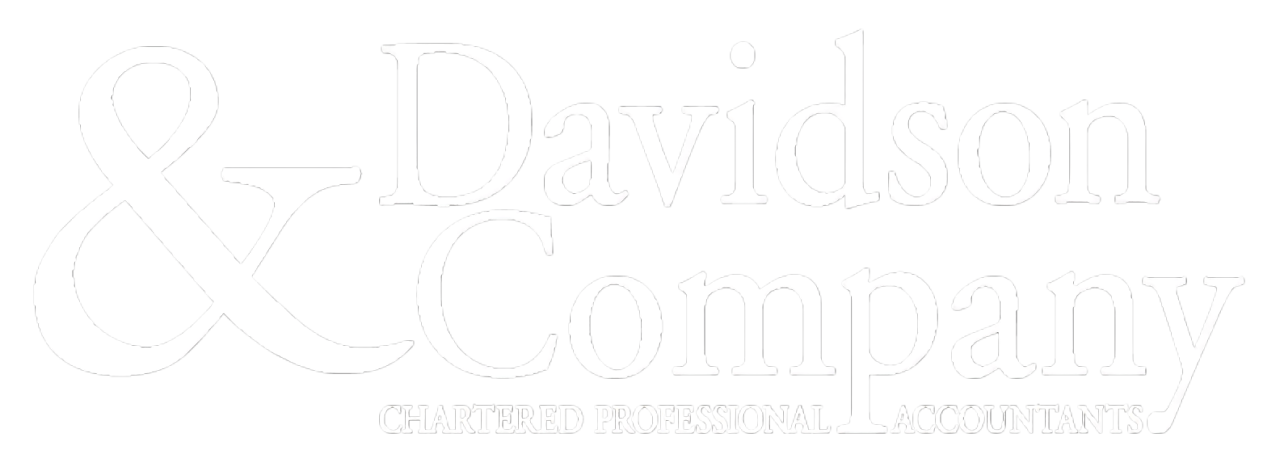MARCH 19, 2019 FEDERAL BUDGET TAX HIGHLIGHTS
The highlights of the proposed tax changes of the recent Federal budget are outlined below.
The information contained herein is of a general nature and is not intended to address the circumstances of any particular individual or entity. No one should act upon such information without appropriate professional advice after a thorough examination of the particular situation. Please contact our tax group if you have any questions on the impact of these proposed changes.
Personal Tax
- Personal income tax rates – There are no changes to the federal personal income tax rates in the budget. The maximum federal personal tax bracket will remain at the 33% rate for income over an indexed $210,371.
- Canada Training Credit – Starting in 2019, a refundable tax credit of up to $250 per year (lifetime maximum $5,000) for an individual to cover up to half of eligible tuition and fees.
- Medical Expense Tax Credit – Eligible expenses expanded to include other classes of cannabis products for medical purposes. This measure applies to expenses incurred after October 17, 2018.
- Employee Stock Option Grants – The budget proposes to introduce a $200,000 annual limit (based on FMV of underlying shares) on the preferential tax treatment of stock options for employees of large, long-established, mature firms (i.e. excluding start-ups). Details to be released by summer 2019.
- RRSP Home Buyers’ Plan – The budget proposes to increase the withdrawal limit from $25,000 to $35,000 for withdrawals made after March 19, 2019.
Corporate Tax
- Corporate income tax rates – There are no changes to the federal corporate income tax rates in the budget. Income eligible for the small business deduction was reduced in a previous budget to 9% for taxation years 2019 and beyond.
- Accelerated CCA – Zero Emission Vehicles – The budget proposes to introduce two new capital cost allowance (“CCA”) classes eligible for 100% deduction in the year purchased. Class 54 will apply to zero emission vehicles (previously Class 10 or 10.1) and Class 55 for zero-emission vehicles previously included in Class 16. Applies to vehicles acquired on or after March 19, 2019.
- Scientific Research & Experimental Development Tax Credit (“SRED”) – The budget proposes to repeal the taxable income limit in determining the annual expenditure limit for Canadian Controlled Private Corporations (“CCPC”) claiming the SRED tax credit, for tax years ending on or after March 19, 2019. Tax credit reductions based on taxable capital remain unchanged.
- Canadian Controlled Private Corporations: Small Business Deduction – The budget proposes to modify the definition of “specified corporate income” to exclude application to farming and fishing businesses, for tax years beginning after March 21, 2016.
- Derivative Forward Agreements – The budget proposes to amend certain provisions relating to derivative transactions that otherwise convert ordinary income into capital gains to ensure ordinary income treatment remains, for transactions on or after March 19, 2019.
International Tax
- Transfer Pricing Rules – The budget proposes to amend the interaction between specific transfer pricing rules and other parts of the Income Tax Act (“ITA”) to provide “greater certainty” where there is an overlap. The amendments include applying priority to the application of the provisions in other parts of the ITA. In addition, the new rules propose expanding the definition of “transaction” for the purposes transfer pricing rules. The new rules will apply to taxation years beginning after March 18, 2019.
- Foreign Affiliate Dumping (“FAD”) – The budget proposes to expand the FAD rules pertaining to a corporation resident in Canada (“CRIC”) investing in a foreign affiliate and is controlled by a non-resident corporation. New rules will include CRIC’s that are controlled by a non-resident individual, trust or non-arm’s length group comprised of a combination thereof. The measure will apply to transactions and events occurring on or after March 19, 2019.
- Cross-Border Share Lending Arrangements – The budget proposes to introduce anti-avoidance measures to dividend compensation payments under a securities lending arrangement to remain characterized as a dividend and subject to non-resident dividend withholding tax, for payments made on or after March 19, 2019.

